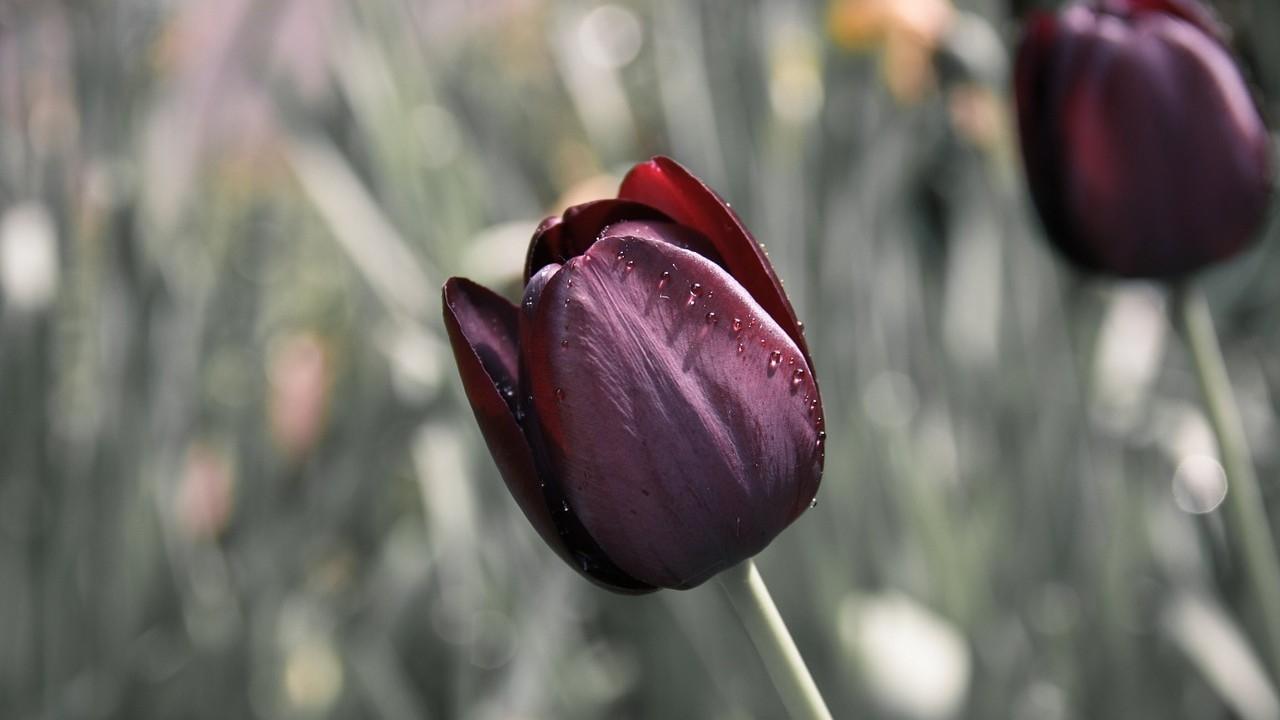Blog
You always/you never (DW#422)

When we are in the midst of conflict, it seems that the other person is consistently annoying – they are always late – they never keep their word – they are always grumpy – they never pick up after themselves – they never listen to us – they always have the last say etc etc etc.
By sharing the ways that they always or never do certain things, we are trying to build a solid case of how we are being let down.
The problem with using generalizations like always and never is that they are seldom accurate. People are just not that consistent. There will always be times when they are not what we are accusing them of.
Moreover, the minute they hear always or never in an accusatory tone, their mind becomes super busy trying to find exceptions to our case against them. Once they find even a single exception (and they generally do!), they will do their best to prove us wrong, our case is destroyed and we have lost the argument, so to speak.
So let us try this instead:
Let us be specific about what...
Continue calling on Him through Dua (DW#419)

4. Dua
One of the most special things about Ramadan are the moments of connection to Him through Dua or supplication. The process of turning to Him and asking from Him enriches us beyond measure and gives us spiritual strength.
Whereas sharia applies to our outward actions and its job is to regulate human action in order to create the basis of social justice, Dua is the training the heart to love the Creator, to experience His love and to understand that the more you love Him, and have a personal relationship with Him, the more you understand that the laws of sharia are to help you reach your full potential.
The Duas that we have been reciting during this month all emphasize the personal quality of Allah's relationship with us and His all-encompassing love. Dua is therefore a vital practice to cultivate spirituality and nurture our connection to Him.
Baby steps:
Look through a compilation of Dua such as the Sahifa Sajjadiya or the Duas of Imam Ali (as). Pick one that calls to you.
Pick a lon...
Continue the practice of giving (DW#418)

3. Giving generously
Many of us plan our yearly giving, Sadaqa, Khums and Zakat, during the month of Ramadan. We actively seek out those that are needy and reach out to them with giving in cash and in kind. We experience the deep sense of gratitude, humility and sense of satisfaction that comes from reaching out and helping fellow human beings. It reminds us of the human connection that we share, of our responsibility to the whole and of the necessity of enabling the flow of wealth rather than the hoarding of it.
Throughout the Quran, the acting of giving Zakat (literally means to purify wealth through giving) comes hand in hand with establishing prayer. Allah swt constantly reminds us that our relationship to Him through prayer is complemented by our relationship to humanity through giving.
Baby steps:
Be aware of need all around you. When the urge to giving strikes, do not second guess it or talk yourself out of it. Take action to meet the need in whatever way you can.
Remind yourself tha...
Maintaining our newly formed good habits (DW#416)

As we celebrate Eid and get back to our normal routines, let us reflect on the spiritual gains that we have made this month and reflect on some tiny steps that we can take to maintain the spirit of Ramadan alive so that the spiritual gains that we have achieved are not lost. So that we may start next Ramadan inshallah at a slightly higher plane of spirituality than we did this year.
This week inshallah we will talk about some of the actions that we took during this month and habits that we formed which helped us nurture our spiritual bond to Him. We will explore some small and simple ways that we can continue these practices in order to keep the spirit of Ramadan alive for ourselves.
1. Establishing Salaat
Ramadan is a time when we most conscious of Salaat and its' timings, especially the fajr and maghrib prayer.
Regular and timely prayer is the most basic and vital way to maintain our connection to Him. Salaat is designed by the Almighty to be an intentional and consistent detachment fro...
Hardship and ease come together (DW#414)

Sura Inshirah: Truly with hardship comes ease! [Quran: 94:5]
Such a beautiful and hopeful verse of the Quran! And the phrase is repeated in the next verse for emphasis.
While we often read that there is a silver lining in the clouds, that hard times eventually pass, this verse reminds us that there is relief and ease not after a trial or challenging time, but right along with it.
Truly with hardship comes ease.
When we are going through tough times and challenges, we sometimes get tunnel vision: our focus narrows only to the pain or the challenge and we fail to notice things that are working as they should or are in fact working for our benefit. When our knees are hurting for example, we may not notice that the rest of our body is in fact, pain free. We begin to lose perspective and begin to see our whole life in terms of the challenge or the difficulty.
At times like this, it is useful to remember that no matter how bad things may seem at a given time, that although the wrong may be ca...
Avoid secret conversations (DW#413)

Sura Nisa: There is no good in most of their secret talks except in he who enjoins charity, or goodness, or reconciliation between people. [Quran 4:114]
During the time of the Holy Prophet (saw), his enemies would gather in small groups, whisper amongst themselves and plot against him. In this verse, the Quran cautions against having secret conversations amongst people while leaving others out, except if it to do charity or advise towards kind deeds or to make amends between people.
This verse about social etiquette has deep psychological wisdom. It refers to when two or more people gather to talk secretly excluding others. In another place in the Quran, najwa or a secret conversation is referred to as an act of Shaytan (Quran 58:10) as it is often done with ill intentions, either to plot evil, to form inappropriate relationships or to deceive someone. A conversation that is well intentioned on the other hand, generally does not require the covering of secrecy.
Psychologists explain that...
Pay it forward (DW#412)

Sura Qassas: and do good (to others) as Allah has done good to you[28:77]
This verse, addressed to the rich despot Qarun, reminds him that the bounties that he has been granted are a gift from God, to be used in good works and charity. That he should be a conduit of these blessings, keeping the flow of blessings going by passing some of them on to those in need, rather than hoarding them all for himself.
Qarun believed that what he had was solely a result of his own hard work. He failed to see that the abundance of blessings can be a test to see how we will use these blessings. He forgot about all those who could have benefited from sharing in the blessings that were granted to him and instead he squandered them in meaningless ways and to feed his whims and passions.
The lesson for us is this: whatever we have been granted of material, intellectual or social bounties are a trust from Him. These gifts need to be engaged as a force for good in this world rather than hoarded solely for our...
Harkat mein barkat (DW#411)

For today’s verse, I could not find a better title than the Urdu phrase: Harkat mein barkat, meaning there is blessing in movement/striving. One of the principles of life, taught by experience and by Divinity, is that human beings get what they strive towards.
It is important to note that what the Quran is telling us is that our outcome will be in accordance with our striving. What this means is that it intention and effort that counts. In the material world, we are told that winning is everything and that being second best does not count.
However, in our relationship with God, winning and the outcome does not matter as much as the effort and the intention with which any action is undertaken. The outcome, of course, is never really in our control in the first place. We can work really hard at something and still not get the outcome we hoped for or worked towards. This ver...
Respect the earth (DW#410)

Sura Rum: Corruption has appeared in the land and the sea on account of what the hands of men have wrought (Quran 30:41)
Corruption (fasad, in Arabic) is often defined as: "A thing leaving a balanced state." In other words, corruption is when something becomes ruined, contaminated, polluted or out of balance. Its opposite is salah/islah is to rectify, correct, or set right. In other words, to bring a thing back to some sort of equilibrium and balance.
This verse reminds us that we need to be muslihun – people of islah, not mufsidun – people of fasad; of how we are to be people who set things aright, not sow mischief throughout the earth. We are called upon to be healers, not corrupters.
Here is the foundational principle of the Qur’an’s "earth ethics" or the ecological view in Islam: That we are stewards of this earth and that we need to respect the balance in Creation and not to disturb this balance through disregard and misuse.
The verse is more relevant today than perhaps at any...
Recognize the value of a single night (DW#409)

The grand night is better than a thousand months [Sura Qadr, 97:3]
Laylatul Qadr (the grand night, night of power, night of destiny) is the anniversary of the night when the verses of the Qur'an were revealed to Prophet Muhammad (saw). This night, the holiest in the Islamic calendar, is a celebration to commemorate the arrival of the final guidance for humans.
The above verse from Sura Qadr tells us that Laylatul Qadr, or the Grand Night is better than a thousand months. In the verse preceding this one, the Quran has invited us to raise our consciousness by asking And what will make you comprehend what the grand night is? [97:2]. This verse answers this question by informing us that the Grand Night, or Laylatul Qadr is better, more elevated than one thousand months.
A thousand months is equal to more than 80 years, a quantity of time that is equal to, if not more than, a lifetime for many of us.
Clearly the Quran wants us to understand that there is a difference in quality of time if we ...
